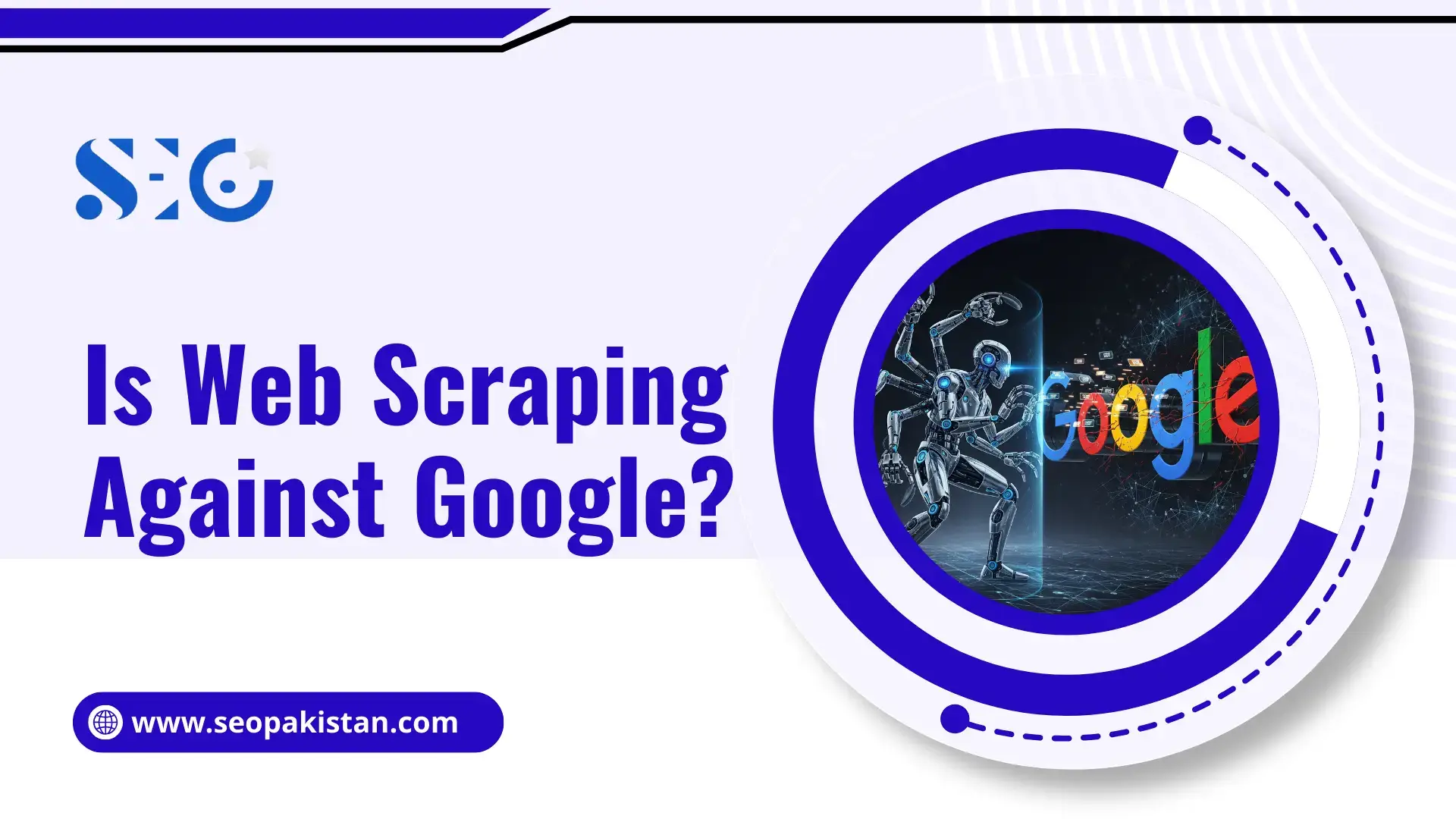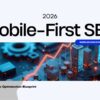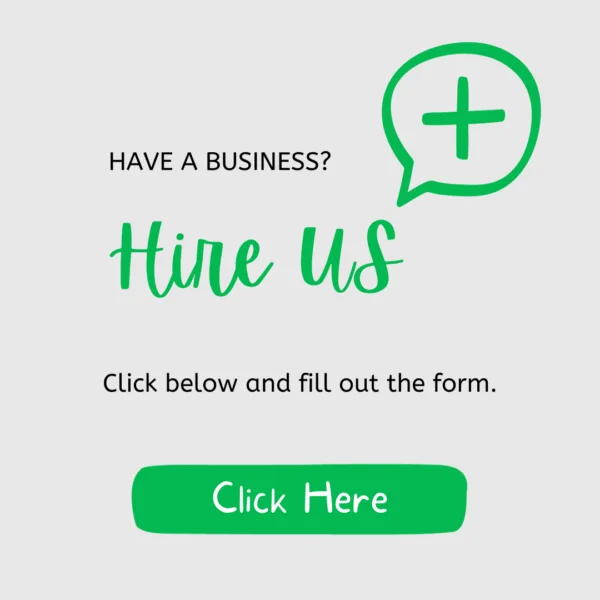The ability to extract massive amounts of data from websites has transformed how businesses analyze markets, track competitors, and optimize their digital strategies. Web scraping offers unprecedented access to information that would take humans weeks to collect manually.
But this powerful capability raises a critical question: Is web scraping against Google’s rules? The answer isn’t straightforward. While web scraping itself isn’t illegal, its relationship with Google’s policies creates a complex landscape that requires careful navigation.
Web scraping sits at the crossroads of legality, ethics, and platform rules, a tricky terrain to navigate. If you’re looking to unlock the power of data without crossing any lines, understanding these boundaries is a must.
In this guide, we will break down the rules, explore the risks, and share practical tips to help you scrape smarter, ethically, and in line with Google’s policies. Let’s dive in!
The Legal Landscape of Web Scraping

No universal law explicitly bans web scraping. The legality fully depends on the type of data you gather and how you choose to use it.
Public vs. Private Data: The Fundamental Distinction
Public data like product prices on e-commerce sites or contact information displayed on company pages generally falls under different legal considerations than private, password-protected information.
Courts have repeatedly recognized that publicly accessible data can be collected, though the method matters significantly.
Private data behind login walls or subscription barriers carries much higher legal risks. Circumventing access controls or authentication systems can violate computer fraud laws in many jurisdictions.
The Role of robots.txt and Terms of Service
Two key documents govern ethical scraping practices, though neither carries the force of law:
- Terms of Service (ToS): These represent contractual agreements between you and the website owner. Violating ToS can lead to civil lawsuits for breach of contract, even if no criminal laws are broken.
- The robots.txt file: This serves as a polite instruction manual for automated bots. While not legally binding, it signals a website’s preferences for automated access and represents industry best practices for respectful crawling.
What is Google’s Official Stance?
Google maintains distinctly different policies regarding scraping its own services versus other websites.
Google’s Stance on Scraping Its Own Services
Google’s Terms of Service explicitly prohibit automated access to Google Search, Google Images, YouTube, and other Google properties. This prohibition exists for several critical reasons:
Protecting intellectual property and proprietary algorithms that power search results. Managing server load to ensure optimal performance for legitimate users. Maintaining data quality and preventing manipulation of search metrics.
Violating these terms can result in IP blocks, account suspensions, and potential legal action.
Google’s Stance on Scraping Other Websites
Google takes a different approach when it comes to scraping third-party websites. Google recognizes legitimate scraping when it:
- Respects robots.txt directives
- Maintains reasonable crawling speeds
- Identifies itself properly through user-agent strings
- Focuses on publicly available information
This distinction is crucial: Google prohibits scraping its own services while acknowledging that responsible scraping of other websites can be legitimate.
Web Scraping for Good: Ethical SEO Use Cases
Several legitimate SEO applications demonstrate how web scraping can drive business value while maintaining ethical standards.
Competitive Intelligence
Smart SEO professionals use scraping to monitor competitor strategies without manual surveillance:
- Pricing Analysis: Track competitor pricing changes to inform your own pricing strategy
- Content Gap Identification: Discover topics your competitors cover that represent opportunities for your content calendar
- Title and Meta Tag Analysis: Audit competitors’ on-page optimization strategies to identify improvement opportunities
Technical SEO Audits
Large websites benefit enormously from automated auditing capabilities:
- Page Title Analysis: Quickly identify missing, duplicate, or suboptimal title tags across thousands of pages
- Meta Description Audits: Ensure consistent meta descriptions that drive click-through rates
- Header Tag Structure: Analyze H1-H6 usage patterns to optimize content hierarchy
Link Building Opportunities
Strategic scraping can accelerate link prospecting efforts:
- Backlink Profile Analysis: Study competitor backlink portfolios to identify high-value link targets
- Resource Page Discovery: Find relevant resource pages that might link to your content
- Broken Link Identification: Locate broken links on relevant sites for replacement outreach
The Risks: What Happens If You Get Caught?

Understanding potential consequences helps you weigh risks against benefits when considering scraping activities.
Immediate Technical Consequences
- IP Blocks: Advanced detection algorithms can permanently block IP addresses showing bot-like behavior patterns.
- CAPTCHA Challenges: Persistent scraping triggers increasingly frequent CAPTCHA tests that make automated access impossible.
- Broader Business Risks
- The consequences extend beyond immediate technical blocks:
- Account Suspension: If scraping activities are linked to your Google accounts, you risk losing access to Google Analytics, Google Ads, Search Console, and other essential business tools.
- Legal Action: Companies whose Terms of Service you violate may pursue civil lawsuits for breach of contract, potentially resulting in financial damages and legal fees.
- Reputation Damage: Being identified as violating platform policies can harm your professional reputation and business relationships.
How to Scrape Responsibly: The Ethical Checklist
Following these guidelines helps ensure your scraping activities remain within ethical and legal boundaries.
Respect the Rules
Before scraping any website, always:
- Check the robots.txt file (usually found at domain.com/robots.txt)
- Read and understand the website’s Terms of Service
- Verify that the data you’re collecting is publicly accessible
Mimic Human Behavior
Automated scraping should closely resemble natural human browsing patterns:
- Use slow, randomized delays between requests
- Vary your request patterns to avoid detection
- Limit concurrent connections to avoid overwhelming servers
- Implement exponential backoff when encountering rate limits
Identify Yourself Properly
Transparent identification demonstrates good faith:
- Set descriptive user-agent strings that identify your bot and provide contact information
- Include your purpose and contact details in HTTP headers when possible
- Respond promptly to takedown requests or communication from website owners
Stick to Your Goal
Maintain focus on legitimate business purposes:
- Collect only the data you actually need for analysis
- Avoid scraping content for republication or commercial resale
- Use scraped data for insights and strategy, not content duplication
Navigating Google’s Policies: A Guide for SEO Professionals
| Method | Compliance with Google’s ToS | Key SEO Benefit | When to Use This Method |
| Official APIs | Fully Compliant | Provides official, sanctioned access to high-value data about your own site’s performance or search results for specific queries | Use for comprehensive site audits, keyword research, and monitoring your website’s performance directly within Google’s ecosystem |
| Ethical Web Scraping (Third-party websites only) | Compliant (if rules are followed) | Enables large-scale competitive analysis, content gap identification, and market research on competitor sites | Use to analyze competitor pricing, identify popular content topics |
| Manual Data Collection | Fully Compliant | Provides the highest level of accuracy and context, ideal for small-scale, in-depth analysis | Best for one-off research tasks, analyzing highly sensitive data, |
| Unsanctioned Scraping (e.g., of Google SERPs) | Non-Compliant | None. Provides short-term data at a very high risk of penalties and legal action | Never use this method. The risks of IP bans, account suspension, and civil lawsuits far outweigh any temporary benefit |
Conclusion
Web scraping represents a powerful tool in the modern SEO professional’s arsenal, but it demands respect for established boundaries and ethical guidelines. The distinction between Google’s own services and third-party websites creates clear guardrails for compliant data collection.
Success lies not in pushing limits, but in understanding them. By following robots.txt directives, respecting Terms of Service, and maintaining transparent, reasonable scraping practices, you can harness the competitive advantages of automated data collection while avoiding the significant risks of non-compliance.
Use these guidelines to build data-driven insights that fuel sustainable growth while maintaining the trust and respect of the broader web community.
Ready to take your SEO game to the next level? Visit SEO Pakistan now and unlock the power of results-driven strategies for unstoppable growth!
Frequently Asked Questions
Is web scraping against the law?
Web scraping is not a crime, but it can be illegal depending on the data you extract and how you use it. Legal risks increase when you bypass security or violate a website’s Terms of Service.
Does Google allow me to scrape their search results?
Google’s Terms of Service strictly forbid any automated methods, such as scraping, to access their services, including search results. Google provides official APIs as the legitimate alternative for accessing their data.
What happens if Google catches me scraping their site?
Google’s sophisticated systems will likely block your IP address or trigger repetitive CAPTCHA challenges to stop you. In more severe cases, your associated Google accounts could be suspended.
Is scraping publicly available data always safe?
No, it is not. While generally not illegal, violating a website’s Terms of Service by scraping can still lead to a civil lawsuit for breach of contract.
What are the best alternatives to scraping Google?
The best alternative is to use Google’s official APIs, such as the Search Console API for your own site’s data or the Custom Search API for specific queries. These are the only sanctioned methods for accessing their data.













